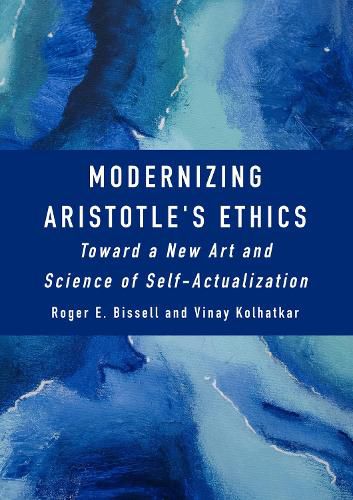Readings Newsletter
Become a Readings Member to make your shopping experience even easier.
Sign in or sign up for free!
You’re not far away from qualifying for FREE standard shipping within Australia
You’ve qualified for FREE standard shipping within Australia
The cart is loading…






This title is printed to order. This book may have been self-published. If so, we cannot guarantee the quality of the content. In the main most books will have gone through the editing process however some may not. We therefore suggest that you be aware of this before ordering this book. If in doubt check either the author or publisher’s details as we are unable to accept any returns unless they are faulty. Please contact us if you have any questions.
Over 2,300 years ago, the Ancient Greeks gave us philosophy-the love of wisdom. From Socrates and Epicurus to Plato and Aristotle, they grappled with the big questions-who are we? Why are we here? What is a good life? How should we lead our life?
Later, the natural sciences split away from philosophy, and then the humanities did as well, and fragmented into separate disciplines, all of which tell us something about human nature-the universal, the culture-specific, and the individuated.
In the light of all that that the new sciences tell us about human nature, is there a case for modernizing Aristotle as against starting afresh? We think so.
The theme of this book is to arrive at a highly practical, "neo-Aristotelian" framework to facilitate human self-actualization (and thereby flourishing and happiness) by linking ethics (as an "ought") with the empirical sciences (that provide the "is"). A modernized ethic can be created using current scientific knowledge, and is also made easier in application, by specifying the psychological nature of the human (the internal, or the ontology of the modern human), and delineating that which is universal, from that which can be individuated.
$9.00 standard shipping within Australia
FREE standard shipping within Australia for orders over $100.00
Express & International shipping calculated at checkout
This title is printed to order. This book may have been self-published. If so, we cannot guarantee the quality of the content. In the main most books will have gone through the editing process however some may not. We therefore suggest that you be aware of this before ordering this book. If in doubt check either the author or publisher’s details as we are unable to accept any returns unless they are faulty. Please contact us if you have any questions.
Over 2,300 years ago, the Ancient Greeks gave us philosophy-the love of wisdom. From Socrates and Epicurus to Plato and Aristotle, they grappled with the big questions-who are we? Why are we here? What is a good life? How should we lead our life?
Later, the natural sciences split away from philosophy, and then the humanities did as well, and fragmented into separate disciplines, all of which tell us something about human nature-the universal, the culture-specific, and the individuated.
In the light of all that that the new sciences tell us about human nature, is there a case for modernizing Aristotle as against starting afresh? We think so.
The theme of this book is to arrive at a highly practical, "neo-Aristotelian" framework to facilitate human self-actualization (and thereby flourishing and happiness) by linking ethics (as an "ought") with the empirical sciences (that provide the "is"). A modernized ethic can be created using current scientific knowledge, and is also made easier in application, by specifying the psychological nature of the human (the internal, or the ontology of the modern human), and delineating that which is universal, from that which can be individuated.